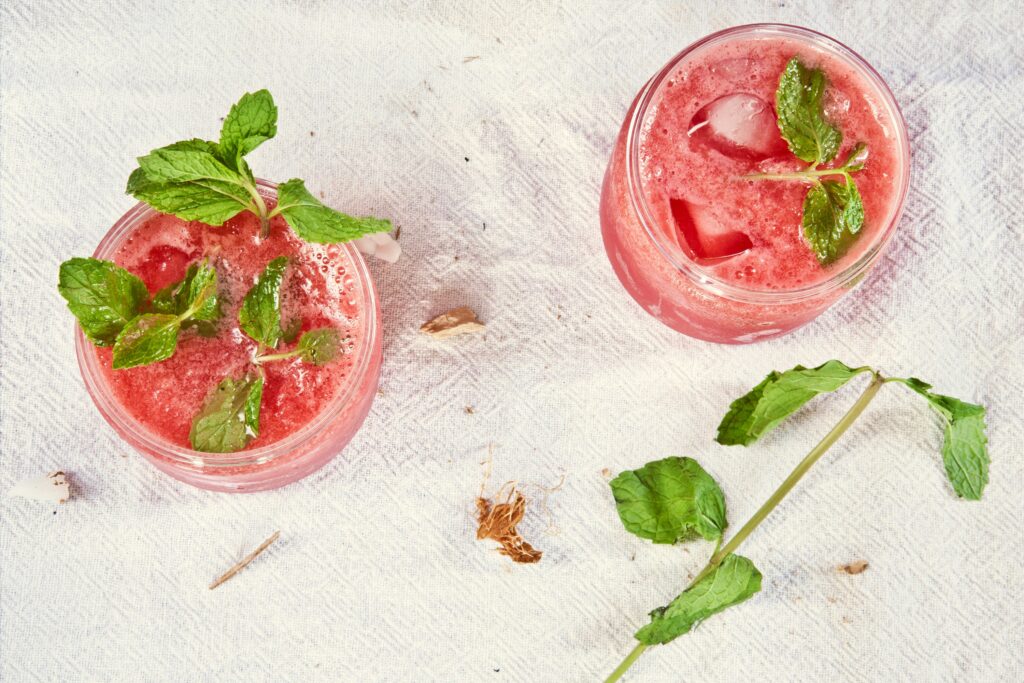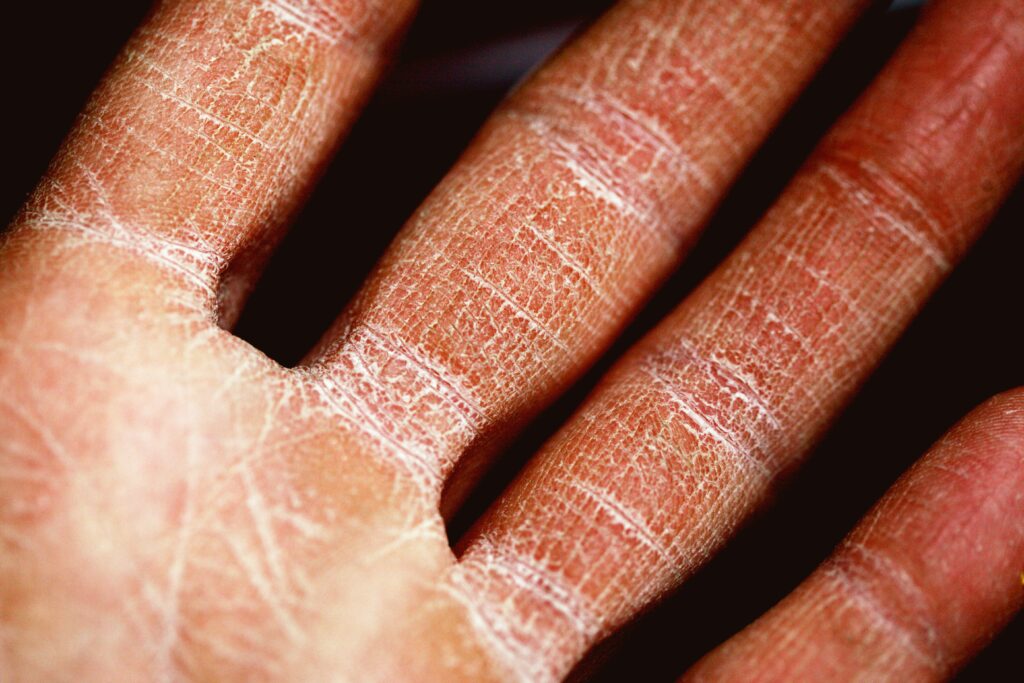Background
Dehydration may be defined as the condition when the amount of water taken by the body is less than that which is lost through normal body activities. Just like food, water is needed for a person to function.
It helps cool the body down, it helps maintain blood volume pressures and helps in digestion. Any of these processes is bound to dysfunction if there is lack of adequate water intake which may lead to adverse health consequences.
Types of Dehydration and Their Causes
The main routes of dehydration include the following:
Inadequate Fluid Intake: Not consuming enough fluids particularly when engaging in vigorous physical exercise or during hot weather will result to dehydration.
Excessive Sweating: A person will sweat a lot when engaging in vigorous exercise or in a hot environment and this leads to a lot of fluid loss.
Illnesses: Illnesses like exhaustively high fever, gastrointestinal disorders such as diarrhea or vomiting infections can hasten the rate of depletion of body fluids.
Diuretics: Fluids are lost due to the use of some medications including diuretics which increase the volume of urine.
Medical Conditions: There are certain diseases like diabetes mellitus or certain kidney diseases which can impair the control of the fluid quantity balance in the body.
Signs of losing Water in the Body Dehydration
Dehydration can present the following symptoms ranging from the loneliest to the most severe:
Mild to moderate level signs of dehydration:
A person usually complains of oral and throat discomfort as a symptom of dehydration.
A feeling of dryness in the throat In particular, the throat.
Lack of urine or dark-colored urine.
Various discomforts in the head and body and Prayer Expectation.
Mild dizziness or a sense of floating as opposed to the normal uprights standing.
A sense of weakness towards inactivity or lack of capacity their in.
Chapped lips This can also be termed as skin weakness.
The effects of dehydration are Highly pronounced:
A person whose mouth and skin feel a dryness which would leave them feeling nasty.
A Blurred Feeling Of Sight, Or Some Pain Manifestation Xerostomia.
Increased fatigue, lethargy, rapid mood changes
Loss of consciousness may very well follow.
Almost no urgent treatment plans most people sweep emorage apart and ask whenever Leak come;
Bulged eyes.
Consequences of a Treatment Delay in Dehydration.
For current trends highlights the fact that it remains unproductive not only due to a focal absorption, but invariably develops any complications related therapeutic tactics as well.
Heat Injuries: when a person is expending energy doing some work in a windy hot climate and they are under overheating, the person experiences muscle spasms known as heat crams, fatigue or loss of consciousness, or excessive temperature known as heatstroke.
Kidney Problems: affects the kidneys adversely where one can have developing kidney stones and even urinary infections and the worst extreme kidney failure.
Convulsions: Some severe forms of dehydration cause an imbalance of electrolytes in the tissues which disturbs normal body function and they cause jitters or even disturbing convulsions to the attacking patient.
Shock: Dehydration tends to decrease the blood pressure of the body to severely low levels which happens in the human body and ischemic assault ensues called hypovolemic shock, a condition that risks fitness.
The focus will be on Dehydration:
Measures for Prevention and Management
There are specific measures that can be taken to avoid getting dehydrated in order to promote health. These measures include the following:
Sustained replacement of water loss: Ensure that there is sufficient intake of water at regular intervals regardless of whether there is a feeling of thirst or not. An individual is usually expected to take around 8 glasses (equivalent to 2 liters) every day of water, although these recommendations might differ depending on a person’s level of activity, climate conditions and health.
Replace everyone who is perspiring more than his usual: a normal muscle cramping after exercising is not due to lack of water intake, but to fluid losses through sweat during physical activity or hot temperatures. For replacement or rehydration, electrolyte sports drinks should also help.
Intake of foods with water content: some foods such as cucumbers, oranges or watermelons can help hydrate the body more effectively.
Replenishment of Hazardous Presence- If there is vomiting, diarrhea and fever, replace healthy fluids that have been lost immediately. Sometimes Fluids other than regular battery-containing oral rehydration solutions may be needed for severe illnesses.
To reverse loss of fluids, dehydration needs to be treated as soon as it is diagnosed. Provide oral fluid replacements for instances of mild dehydration; they will help with the condition. For extreme cases, dehydration treatment may not be possible without receiving IV fluids.

How to Prevent Dehydration: ‘Hands On’ Guide to Achieving Hydration
We come to realize that dehydration comes along with many health issues but the good news is this can be avoided by practicing the right hydration. Let’s explore a few measures that can be taken to avoid dehydration:
Drink enough Water:
- For effective water intake regular targets for water consumption should be placed at a reasonable target of approximately 8-10 glasses (i.e at least 2-2.5 litres) on a daily basis. It should be noted that this may be modified by other parameters such as level of activity or body needs.
- Throughout the day, water needs to be taken at various intervals and not only when a person is thirsty.
Drink more fluids when exercising:
- In particular, make sure to drink fluids before, during, and after doing exercises. If very hard physical practice, especially under the sun is concerned, drink more water.
- Refrain from drinking any sugar-based beverage like syrups or juices since they can even outweigh the advantages of undertaking the exercise. For longer performing exercises that require lots of energy, among other drinks, plenty of electrolyte sports drinks would be ideal.
Examine the color of your urine:
- You should always look at the color of your urine. Very pale yellow is a good color where one has taken enough water. Deep yellow brownish color or amber color spells different dehydration.
Eat Foods that have Water Content:
- Eat water abundant fruits and vegetables. Such foods include cucumbers, watermelons oranges and lettuce, foods that help in replacing lost water.
Prepare and Plan for Hot Weather:
- Water intake is very much in warm and humid regions as there tend to be more distortion of body fluids due to the loss of sweat.
- Restrict the period of which one is outdoors and in the sun and wear light clothing such as a scarf and hats.
Reduce Diuretic Consumption:
- Do everything possible to reduce intake of caffeinated beverages or any alcoholic drinks since these have a diuretic effect and can which aren’t consistent with fluid consumption.
- There must be proper fluid replacement with diuretic medications when water intake is done.
Take Precautions When Sick:
- If for instant some of the signs include vomiting, diarrhea, fever, or other unsought non-eczema-associated symptoms, drink more fluid than usual as there will otherwise be a fluid loss. Naturally, the mild ORS can be used in children and other situations where the intestines are obstructed.
- Children and elderly must drink more water when sick since they are then vulnerable to unprompted dehydration.
Alter Response to Hydration for the Special Cases:
- Those nursing or pregnant mothers even lactating mothers have to be taking plenty of water to avoid dehydration.
- Patients suffering from some illnesses for example diabetes and certain types of kidney diseases have to adhere to some control of their fluid consumption as well as their fluid allowances.
If these simple yet effective measures are adhered to, one would be sufficiently hydrated to the extent that dehydration which is quite essential for proper health status will not be experienced.
Dehydration can be defined in its simplest terms as a condition in which a person either physically loses or wishes to intake an enormous amount of body fluids, thus disrupting the normal body functions. Several causes of dehydration include the following:
Inadequate Fluid Intake Dehydration:
It is understandable that people tend to forget even the most precious of all health management practices – drinking water, in the course of the day especially given hot or dry weather conditions and busy schedules.
Excessive Sweating:
Activities, high temperatures or feverish conditions result in a lot of sweating and in the process loss of a great amount of fluids and electrolytes which is not a body’s good
health.
Diarrhea and Vomiting and Loss Dehydration:
Both conditions lead to loss of a substantial portion of the fluids and electrolytes that are required within the body which can result in a state of dehydration.
Frequent Urination:
Observed or presumed frequent urination or excessive intake of water which is an outcome of some medical conditions such as diabetes, resolution medications and alcohol ingestion may
cause dehydration caused by excessive excretion of water from the body.
Fever:
During febrile states, the individual may experience excessive perspiration as a mode of assisting healing which results in loss of fluids. The higher the temperature, then the more severe the dehydration.
Illnesses and Infections:
Some ailments more so the intestinal ailments can also result to dehydration due to factors as excessive loss of fluids through vomiting or even fever.
Burns and Skin Injuries:
Confusion perplexities could cause huge losses, or fluid efflux from the burning, open and injured skin area.
High Altitudes:
People staying at high location may void more urine/urinate more and also tend to breath faster which leads to water loss.
As far as possible, this should be done at the early stages by taking in more fluids or limiting factors that makes one lose fluids in order to prevent possible dehydration.
Conclusion
It is a condition that can be prevented because in the majority of resistant neglectable dehydration is the occurrence which happens so commonly. However, if is not addressed in good time then it can escalate into major issues. Calories intake will ensure little energy is lost from the body and adequate consumption of water will help in the heating from inside. So the possible offending factors leading to dehydration can be avoided in that there are some symptoms that are warning signs of the need for action.




Pingback: Good health habits can allow you to avoid illness and improve your quality of life. - healthyplusorigin